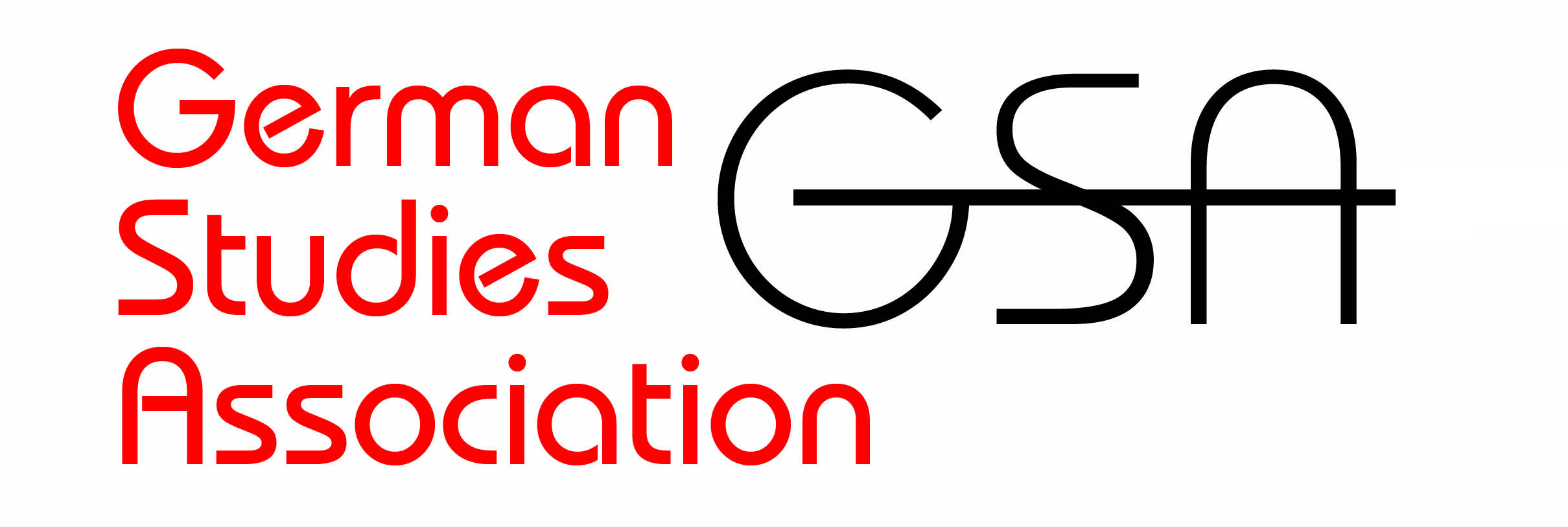The following statement on Peter Handke and the Nobel Prize for Literature was approved by the GSA Executive Council on 16 October 2019.
In the days since Peter Handke was awarded this year’s Nobel Prize for Literature, much has been written about the decision to reward an author who supported and defended Slobodan Milošević and who denied the genocidal acts of which the Serbian leader and his regime were found guilty.
Handke’s support for Milošević is a matter of historic record. So is the slaughter of thousands of Muslims at Srebrenica, which did not prevent the author from seeking the company of Radovan Karadžić, a convicted war criminal and the main perpetrator of this genocidal act. In view of these facts, the controversy over the Nobel Prize, such as it is, revolves around the question whether it is possible to separate literature and literary value from history and politics. The Swedish Academy certainly appears to think so, rewarding Handke for his “linguistic ingenuity” while remaining silent on his politics. According to its permanent secretary Mats Malm, “it is not in the Academy’s mandate to balance literary quality against political considerations.”
We disagree with the premise of such statements and with the resulting decision to award Handke the Nobel Prize. The GSA is by design an inherently interdisciplinary association, in which literary scholars enter into dialogue with historians and social scientists. Although some of our members’ research concerns literary forms in their own right, as an organization we are committed to the notion that aesthetics and politics inevitably intersect. Questions of literary value are of a piece with historical and political concerns and cannot be adjudicated in a vacuum. An award that pretends otherwise is not only out of touch with reality. It also does a disservice to literature and its power to intervene in society.
